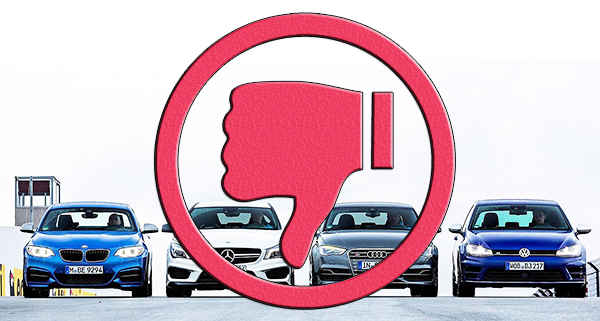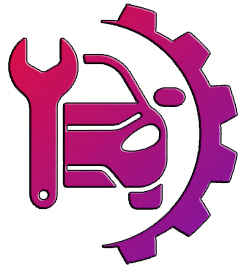Why are German cars so unreliable?
Common Reasons

- Complex Engineering
German cars are known for their advanced engineering and high performance. This complexity often results in more components that can fail, leading to higher maintenance and repair needs.
- High Repair Costs
The cost of parts and labor for German cars is generally higher compared to other brands. Specialized tools and expertise are often required, which can make repairs expensive.
- Electronics and Technology
German cars are equipped with sophisticated electronic systems and cutting-edge technology. While these features offer a premium driving experience, they can also be prone to malfunctions and require specialized knowledge to repair.
- Maintenance Requirements
German vehicles often have more stringent maintenance requirements. Failure to adhere to these schedules can lead to issues. Regular and proper maintenance is crucial to keep these cars running smoothly.
- Quality Control Issues
In some cases, quality control issues during manufacturing can lead to reliability problems. This can include anything from defective parts to assembly line errors.
- Driving Style
German cars are often driven by enthusiasts who may push their vehicles harder than the average driver. This can lead to more wear and tear, contributing to perceived unreliability.
- Shorter Service Intervals
Many German cars have shorter service intervals compared to other makes. This means they require more frequent servicing, which can be seen as a sign of unreliability if not properly maintained.
What to Do?

- Regular Maintenance
Follow the manufacturer’s recommended maintenance schedule to the letter. Regular oil changes, inspections, and part replacements are crucial.
- Find a Specialist Mechanic
Use a mechanic who specializes in German cars. They will have the knowledge and tools necessary to properly care for your vehicle.
- Use Genuine Parts
Always use genuine parts or high-quality aftermarket parts to ensure compatibility and reliability.
- Understand Your Vehicle
Educate yourself about the specific needs of your car. Knowing what to expect and how to address potential issues can prevent many problems.
- Consider an Extended Warranty
If you are concerned about potential repair costs, consider purchasing an extended warranty that covers major components and systems.
Interesting Information and Facts

Brand Perception
Brands like Mercedes-Benz, BMW, and Audi are often associated with luxury and performance. This high expectation can sometimes skew perceptions when things go wrong, even if they are minor issues.
Longevity
Despite concerns about reliability, many German cars are known for their longevity when properly maintained. There are countless examples of German cars with well over 200,000 miles on the odometer.
Innovation Leaders
German automakers are often at the forefront of automotive innovation. Features like advanced driver-assistance systems, high-performance engines, and luxurious interiors are pioneered by these brands.
Global Sales
German cars are extremely popular worldwide, particularly in markets that value performance and luxury. This widespread use can also mean more reported issues simply due to the larger number of vehicles on the road.
Motorsport Heritage
Many German brands have a rich motorsport heritage. Their performance-oriented engineering is a result of decades of competition and success on race tracks around the world.
While German cars may have a reputation for being less reliable, many of these issues can be mitigated with proper care and maintenance. Understanding the specific needs of your vehicle and investing in quality service can go a long way in ensuring a positive ownership experience.
Despite the potential challenges, the performance and luxury offered by German cars often make them a worthwhile investment for many drivers.












